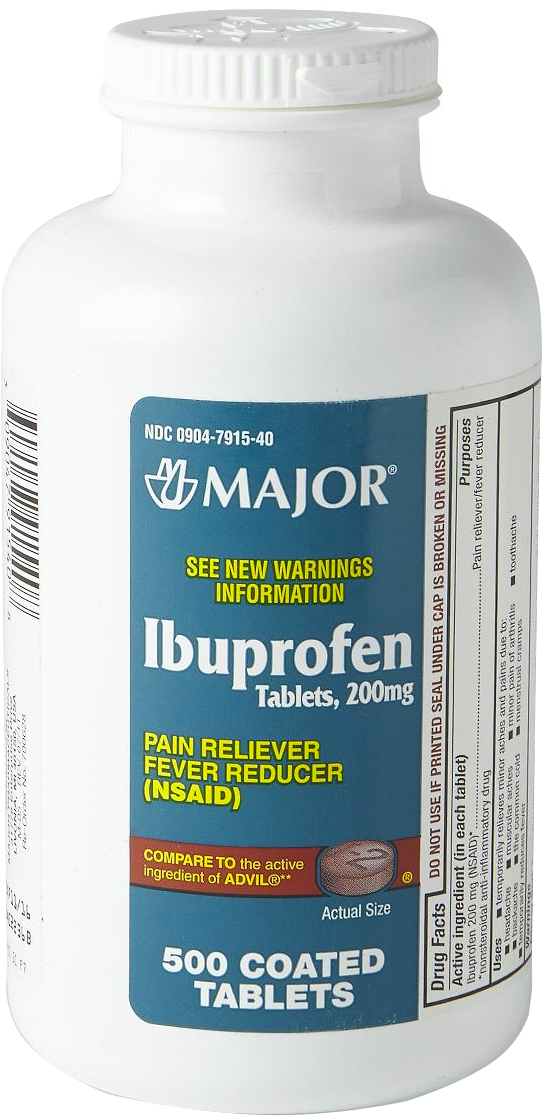
Anti-Lhca4 | PSI type IV chlorophyll a/b-binding protein
SKU: BTL-AGR-A-00009 | Host: Rabbit | Brand: Agrisera
₹ 0.00
| Cat Number | AS01 008 |
|---|---|
| Category | Primary Antibody |
| Pack Size | 0.5 mg |
| Description | The light-harvesting protein Lhca4 is one of the four main and highly conserved types of chlorophyll a/b-binding proteins (Lhca1-4) of the light harvesting antenna (LHCI) of plant photosystem I. Lhca4 is imported as a precursor from the cytosol into the chloroplast. Upon insertion into the thylakoid membrane Lhca4 forms a heterodimer (LHCI-730) with Lhca1 that associates with the PSI core close to PsaG and PsaF.A biochemical characterization of the plant LHCI antenna can be found in Klimmek et al. (2005) The structure of the higher plant light harvesting complex I: in vivo characterization and structural interdependence of the Lhca proteins. Biochemistry 44: 3065–3073. |
| Applications | Western blot (WB) |
| Immunogen | BSA-conjugated synthetic peptide derived from the Lhca4 protein ofArabidopsis thaliana UniProt: P27521, TAIR: At3g47470. This sequence is highly conserved in Lhca4 proteins of angiosperms (monocots and dicots) and gymnosperms. |
| Clonality | Polyclonal |
| Host | Rabbit |
| Form | Lyophilized |
| Molecular Weight | 27.7 | 21 kDa for Arabidopsis thaliana |
| Dilution Range | 1 : 2000-1 : 5000 (WB) |
| Uniprot Number | P27521 |
| Purity | Total IgG. Protein G purified in PBS pH 7.4. |
| Specie Reactivity | Arabidopsis thaliana, Bryopsis corticulans, Citrus reticulata, Echinochloa crus-galli, Fortunella margarita Swingle, Hordeum vulgare, Mesembryanthemum crystallinum, Nicotiana tabacum, Oryza sativa, Physcomitrium patens, Pisum sativum, Posidonia oceanica, Spinacia oleracea, Triticum aestivum, Triticale, Zea mays |
| Expected Reactivity | Dicots, Gymnosperms |
| Reconstitution | For reconstitution add 100 µl of sterile water |
| Storage | Store lyophilized/reconstituted at -20°C; once reconstituted make aliquots to avoid repeated freeze-thaw cycles. Please remember to spin the tubes briefly prior to opening them to avoid any losses that might occur from material adhering to the cap or sides of the tube. |
| View Document | |
| Product Url | View Document |
| Note | The product is for research use only |
